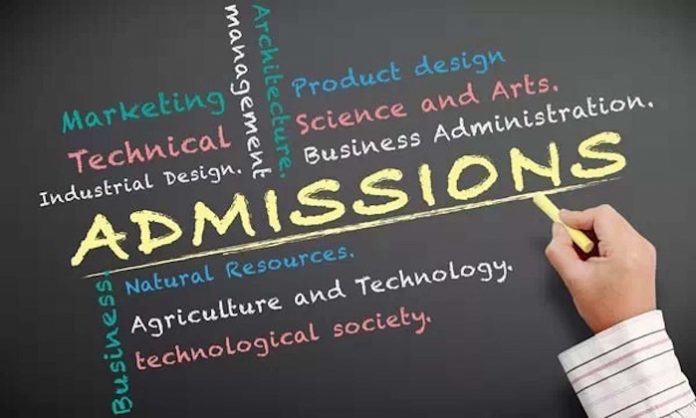
Your graduate school personal statement may initially get only five minutes of an admissions officer’s attention
Writing an amazing graduate school essay is probably far more straightforward than you might think. Graduate school admissions officers aren’t looking for gimmicks. They’re looking for passionate, motivated, and prepared applicants who are ready to hit the ground running in their program. Read on for more details in creating your best graduate school essay. If you’re looking for one-on-one assistance, check out Topadmit.com.
Know what the admissions officers are seeking
Don’t make assumptions about your graduate school personal statements. Many programs simply ask you to submit a personal statement without any further guidance. Other programs will tell you exactly how they want the essay structured along with word count limits and formatting requirements. Review the prompt thoroughly and plan your essay before you begin writing to ensure that you create an essay that will be an effective and persuasive addition to your application package.
What should you do if the program doesn’t give you any specifics? With greater numbers of applicants to graduate programs, the trend is toward shorter essays. This is especially true of graduate programs in the STEM fields. Unfortunately, longer essays tend to be skimmed rather than read thoroughly, and most any admissions officer will tell you that the best essays that they’ve read are always shorter essays. Think about what is absolutely essential, and write about those aspects of your experience with passion.
Personal, personal, personal
Did we mention personal? Some graduate programs will ask you to write an additional essay about an issue within your chosen field. However, your personal statement should be about you as an individual. Write about issues only if they relate specifically to your personal experiences. For example, ‘In Africa, a child dies every minute. This stark statistic prompted me to join an NGO aimed at providing nutrition and healthcare for children in Namibia.’
Keep your anecdotes focused on your life after you began college
It is common for graduate school applicants to start their personal statements with an anecdote about something that happened during childhood or high school. On the surface, this makes sense because that event was what started the journey that has culminated in an application to the program. However, graduate programs are for professionals, and writing about your childhood is more appropriate for an undergraduate essay than one for graduate school. If you feel that you absolutely must include something from your childhood, use it as the starting sentence of your concluding paragraph.
Know your program and make connections
Securing acceptance into a graduate program is more about being the best match than about being the most highly qualified. Among applicants who meet the program’s minimum requirements, they’ll choose an enthusiastic and informed applicant over one with higher test scores and a better GPA who doesn’t seem to know much about their program.
During your graduate studies, you’ll likely do research, and graduate programs want to know that you can both participate in ongoing research as well as find a mentor for your own project. In your essay, write about professors in the programs whose work interests you and why. Also, there is life outside of the classroom. Does the school have a close-knit traditional college campus? Is it located in the heart of the city? Especially if you will be moving with your family, show the admissions officers that you will thrive in their environment.
Finish with a strong statement about why the school is your top pick
This doesn’t necessarily mean that the school is your only pick. However, generic essays have no place in the graduate school application process. Form letters aren’t persuasive, and generic essays won’t help your application package. If you can’t sincerely write that the school is a top pick, then why are you applying there? Instead, focus on creating stellar essays for the ones that actually interest you. Help the admissions officers understand your overarching vision for your future career and how your time at the school will prepare you to realize these goals.
Master the GRE
After you’re finished with your graduate essay, study for the GRE the right way with Peterson’s Master the GRE book, and get your best score.













